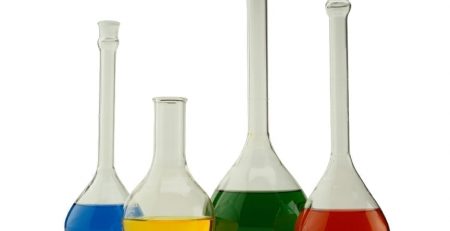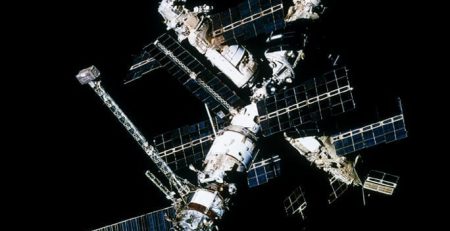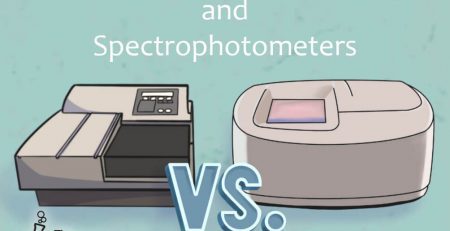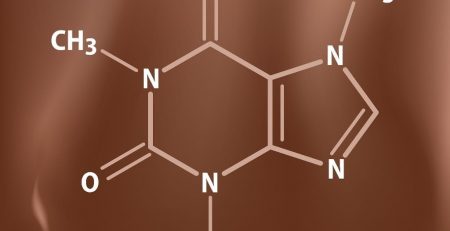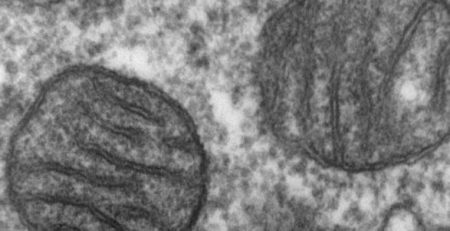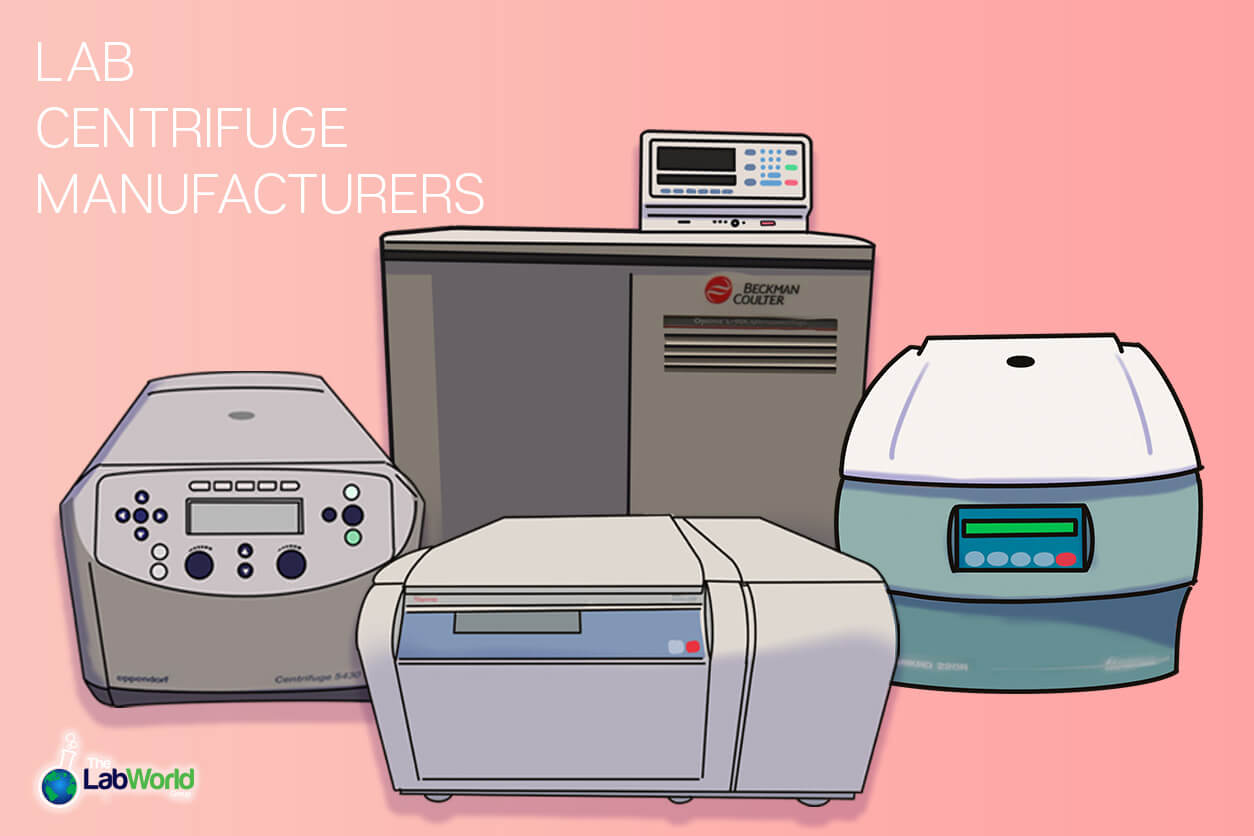
Laboratory Centrifuge Manufacturers
Amanda2022-07-01T11:28:58+00:00Every decade seems to bring innovations in lab centrifuge design. Over the years steadfast companies with high-performance machines prove themselves again and again to be worthwhile investments. Here we’ll take a look at some of the companies we’ve come across that provide reliable and thoughtful designs.
Beckman Coulter Centrifuges
Beckman Colter was among the first to offer commercial laboratory centrifuges when they acquired Spinco in 1955. Specialized Instrument Corporation developed the Model E ultracentrifuge in 1947. An experiment in 1957 at CalTech used this early Ultracentrifuge to prove James Watson and Francis Crick’s DNA Replication theory. Since then Beckman Coulter has gone on to produce lines of lab centrifuges that span microcentrifuges to the first Floor Model sized Ultracentrifuges in the 1980s. They produce benchtop models and highspeed floor models such as the Avanti Series, as well as rotors and vessels to compliment them, all are built with longevity in mind.
Eppendorf Centrifuges
Eppendorf came out with their first centrifuge in 1964, with the 3200. This microcentrifuge was one of the first to operate on the microliter scale and was super simple to operate with just a dial to control the timer. Since then not only was this size range widely adopted by other manufacturers, but Eppendorf also went on to build other laboratory staples such as the 5702R, with easy-to-use controls and refrigeration to protect temperature-sensitive samples. Eppendorf also takes care to make their products as ergonomic as they can with low loading levels for easier and safer loading of rotors, and lids that are reachable for the average user with little closing force.
Hettich Centrifuges
In 1976, Hettich introduced the first microprocessor-controlled centrifuge and then wowed the world again in the 90s with the introduction of the first robot-operated centrifuges. Hettich prides itself on the company founder’s innovations, as well as offering a broad range of standard and customized accessories, and covers everything from hand-crank-operated centrifuges up to automated and dual centrifuges. A dual centrifuge allows samples to not only be spun on an axis but also rotate around their access in a secondary motion, so instead of separation, this leverages centrifugation for homogenization, extraction, tissue disruptions, and grinding.
Thermo Fisher Centrifuges
Centrifuges from Thermo Fisher have benchtop and floor models covered, with laboratory favorites like the Sorvall Series of centrifuges. These feature higher speeds, higher capacities, and programmable digital control, all with reliable performance and long-lasting parts. Where Thermo shines is in their rotor library. The Fiberlite series of fixed-angle rotors are carbon fiber in construction, resulting in easier loading, higher g forces, and faster turnaround. Their lighter weight also means less stress on the motor itself, so the centrifuge will last longer. This innovation also applies to the microcentrifuge polypropylene rotors, that accelerate and decelerate quickly, consuming less energy and shortening run times.
Cyto Centrifuge Manufacturers
One of Thermo’s other contributions to specialty centrifuges is the Cytospin. First launched in 1967, Cytospin is widely adopted throughout the world, as an efficient and simple method of getting a thin layer preparation for liquid matrixes. The unique rotor is a sealed design and processes up to 12 samples at once. Using controlled lower speed centrifugation, the samples are set in cytofunnels and are spread to a thin layer on slides for processing. The results are consistent, easy to read, and have become an integral part of cytology studies.
Other manufacturers of laboratory centrifuges include VWR with its line of reliable and convenient personal centrifuges, specialty centrifuges such as plate centrifuges for prepping PCR assays, and a horizontal centrifuge offering. Labnet centrifuges have offerings from mini up to ultracentrifuges, and a broad library of rotors and accessories. These lab centrifuges feature easy-to-use control, either dial-in or robust microprocessor with a large LCD screen, imbalance sensors and some feature temperature control.
Final Thoughts
Over the years we’ve carried a wide variety of lab centrifuges from the world’s leading manufacturers. They’ve each brought benefits to the table, but one thing they share in common is quality construction that lasts throughout the years. That reliability ensures a second-hand owner will enjoy the same results and performance down the line.
All centrifuges that come through our doors are thoroughly inspected for integrity and performance. Rotors are checked for signs of stress and everything is put through its paces. So the items that make it to our page for sale are vetted and in stock. Our inventory changes daily, if you don’t see a laboratory centrifuge that meets your needs, let us know, we can help you locate the best fit for your lab.






